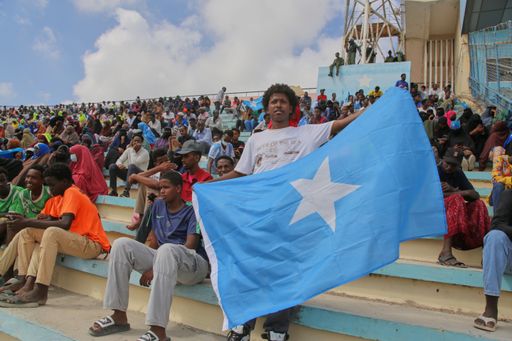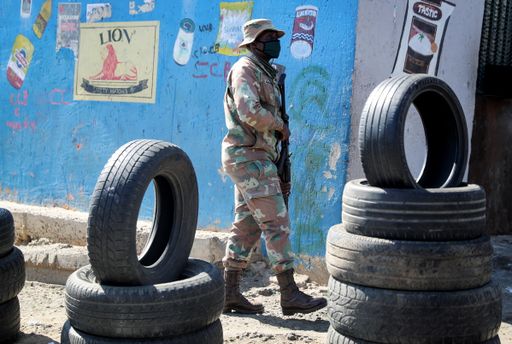Sport
Midwives remain a crucial cog in the wheel of maternity services in Africa despite the lack of recognition, training, resources and proper working conditions.
By Firmain Eric Mbadinga
Long before cutting-edge medical science became commonplace, midwives were the quiet guardians of life, using traditional wisdom and care to ensure safe births.
From the legendary Eileithyia – revered in Greek mythology as the goddess who eased the pangs of childbirth – to Africa’s traditional birth attendants, midwifery has always been an integral part of the cycle of life at its most nascent and delicate stage.
Yet, few of us ever pause to remember the skilled hands that cradled us before our mothers did.
It’s a reality midwives have come to accept. What is harder to comprehend, much less reconcile to, is the lack of resources, protection and respect for a profession that continues to play a critical role in reducing mortality at childbirth.
May 5 marks International Day of the Midwife, instituted by the World Health Organisation 33 years ago to honour millions of professionals worldwide – among them Annick Nonohou from Benin and Olga Hope Mavoungou from Gabon, both with decades of experience in the field.
Annick and Olga’s passion for midwifery has kept them committed to their profession despite the challenges they face.
Both believe that in many African countries, including their own, urgent improvements are needed if the goal of zero deaths at birth is to be achieved.
“Midwifery is a medical profession with clearly defined competencies, regulated by national and international legal instruments. African midwives would be able to perform their roles more effectively if they were properly trained, equipped, supported, and legally protected,” Annick, who practices in Abomey-Calavi, tells TRT Afrika.

“In some French-speaking African countries, midwives operate under outdated regulations that don’t reflect modern science and WHO recommendations for a positive childbirth experience,” she explains.
Stuck in a time warp
Various studies by the WHO and other organisations highlight inadequate training, the lack of quality care, and a shortage of skilled midwives as some of the leading causes of maternal and infant deaths worldwide.
Childbirth mortality statistics in sub-Saharan Africa – 1,000 deaths per 100,000 live births – reflect the grim situation. If it’s not the child, it's the mother, or both, who face life-threatening risks during childbirth.
Olga, who practises midwifery in Gabon’s Libreville, echoes her Beninese colleague's concerns about the importance of medical equipment and infrastructure in addition to training.
"We need a work environment that allows us to do our jobs safely and efficiently. To improve our performance and reduce failure rates, we must strengthen neonatal-care facilities and equip them with the necessary technology.
We also need to ensure that mothers and babies receive respectful, compassionate care in properly designed spaces," she says.

When she's not working at the University Hospital of Libreville, Olga trains and supervises medical students at universities in the Gabonese capital, helping shape the next generation of professionals.
Respect and collaboration
Alongside resources, midwives in Africa seek recognition of their indispensable role in maternal and neonatal health.
For Annick and Olga, mutual respect and collaboration between midwives and other healthcare professionals are essential for increased efficiency and their own growth and mental well-being.
"Midwives are the bridge between mothers and safe births, yet the profession often lacks recognition and respect. We need stronger relationships within healthcare teams to improve outcomes,” says Olga.
Determined to drive change, both women lend their expertise and experience to various NGOs and associations, advocating awareness, better training and improved working conditions for midwives across Africa.
Their goal is to strengthen training, elevate the profession, and close the midwifery gap that still exists in many African countries.
Comments
No comments Yet




















Comment